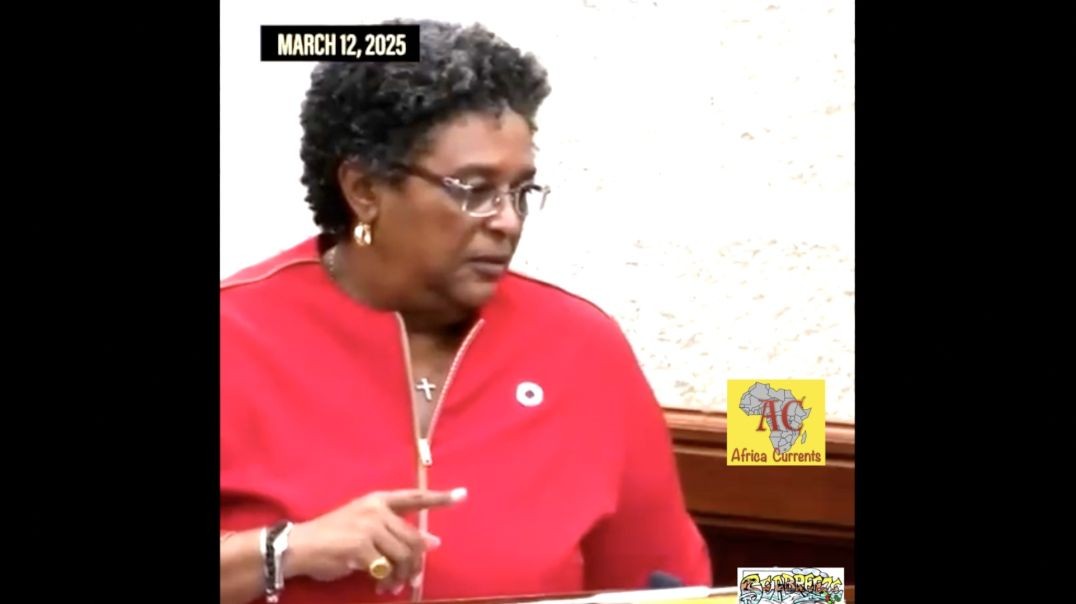Venezuela & Cuba Sends Thousands Of Troops To Defended Ibrahim Traore Against Assassination
Venezuela & Cuba Sends Thousands Of Troops To Defended Ibrahim Traore Against Assassination
The Western powers have frequently argued that Burkina Faso would be helpless without their assistance, yet the reality paints a different picture. In a notable display of solidarity, countries like Venezuela and Cuba have extended support to Burkina Faso. Taking cues from Iran and Russia, they perceive Burkina Faso's divergence from the West as strategically advantageous. This shift, however, has not been well-received by Western nations.
Their discontent is largely directed towards President Traore, who has spearheaded these significant policy changes. Given the historical precedents, it is evident how Western powers typically respond to leaders who deviate from their interests. The looming question is whether history will echo itself.
Picture a scenario where a nation situated in the heart of Africa challenges global superpowers, forming fresh alliances and reshaping its future. Under the guidance of Ibrahim Traore, Burkina Faso is treading through an unparalleled geopolitical terrain by aligning with partners from South America and Russia.
What catalyzed this recent geopolitical transformation in Burkina Faso? Nestled in West Africa without direct access to the sea, Burkina Faso has long been under the influence of its former colonial masters. President Ibrahim Traore is now at the helm, steering the nation towards breaking free from these historical dependencies.
Traore, who ascended to power in September and December of 2022, took a defining step on February 8, 2024, when he ousted French troops from Burkina Faso. This bold move signified the onset of a notable geopolitical transformation.
The expulsion served as a resolute stand against neo-colonialism and a quest for increased autonomy. Traore's choice paved the way for fresh partnerships, notably with nations in South America like Venezuela.
The historical bond between Burkina Faso and France had its roots in colonialism, with France wielding substantial control over its former colony. Nevertheless, Traore's administration aimed to sever ties with this historical baggage.
The expulsion of French troops was not merely symbolic; it was a strategic maneuver to reclaim sovereignty and diminish external interventions. This act resonated with numerous African nations familiar with analogous post-colonial dynamics, positioning Traore as a symbol of the struggle for genuine independence.
Burkina Faso recently announced the termination of a military agreement that permitted French troops to combat militants within its borders. The West African nation is grappling with insurgencies linked to groups associated with al-Qaeda and the Islamic State.
Vast tracts of land have been seized, and millions have been uprooted in the expansive Sahel region. Birkinabe National Television disclosed on Saturday that the government had halted a 2018 military agreement with Paris on January 18th, demanding France to withdraw its troops within a month.




















